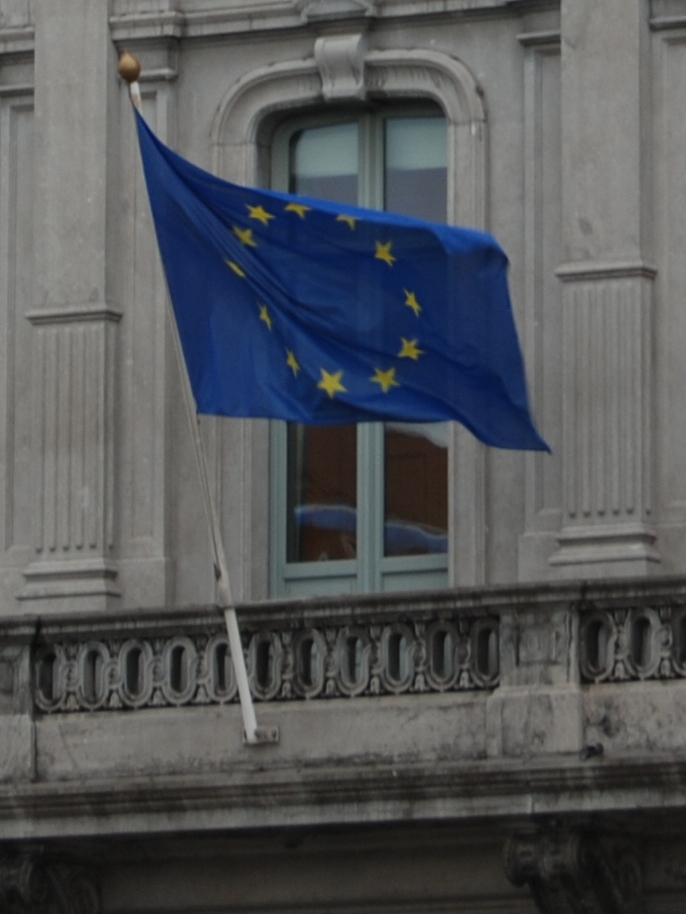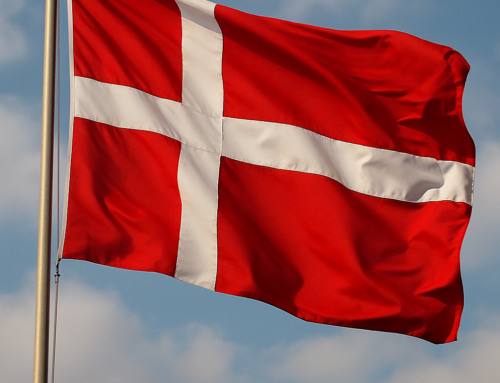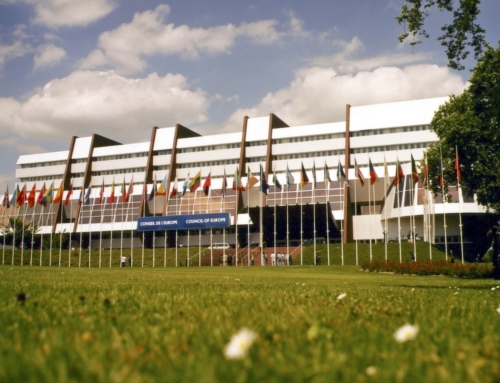On 23 July FAFCE President, Antoine Renard, wrote a letter to the President of the European Council, Donald Tusk, in order to express the concerns of the European Federation of Catholic Family Associations (FAFCE) regarding the statements of the First Vice-President of the European Commission, Frans Timmermans, in favour of same-sex marriage. Donald Tusk promptly answered, clearly stating that “the definitions of marriage and family are indeed matters of national competence for EU Member States”.
Immigration, demographic winter, economic crisis and unemployment are just a few of a number of big challenges that Europe has to face today. Moreover, in this context, the definition of marriage and family has become a sensitive issue; however it does not lie in the remits of the EU competence. Nevertheless, despite the clear limits of EU competence on this matter, on 24 June, Frans Timmermans, in his official capacity as first Vice-President of the European Commission, made the following statement: “I also believe the Commission should go forward, and try to get all Member States in the EU to unreservedly accept same-sex marriage as other marriages”. This was publically said without any regard to the principle of subsidiarity, which is a founding principle of the EU. These statements can be entirely consulted on the website of the European Commission.
As we mentioned in our last Press Release, “at the service of the Union and of its Member States, the Commission does not have any mandate to impose on them changes to their customs and to their respective constitutions, a fortiori on matters related to the definition of family, the fundamental cell of every society, founded on the marriage between a man and a woman“. In addition, eight Member States have constitutional laws that define marriage as the union between a man and a woman. It is very unusual that an NGO should mention that the European Commission is not mandated to push legislative changes in Member States concerning areas where the EU has no competence: only Member States can allow for EU decisions on specific fields of family law.
As a Federation representing family associations from 15 EU Member States, FAFCE was shocked by Mr Timmermans’s statement. We decided to share our concerns with Donald Tusk, who – in his duties as President of the European Council, he is responsible for the continuity of the work of the European Council, in cooperation with the President of the Commission, as defined by Article 15 of the Treaties. FAFCE welcomes the clearness of President Tusk, and calls upon the European Commission to assume the same attitude, as the principle of subsidiarity should lead every discussion at the European level on marriage and family issues. Consequently the opinion of all Member States, represented within the European Council, always needs to be taken into account. FAFCE will continue to raise its voice in favour of the principle of subsidiarity, drawing the attention of the European decision-makers and citizens to the benefits coming from the respect of this principle, in favour of the freedom and the human dignity of each person within the European Union.







